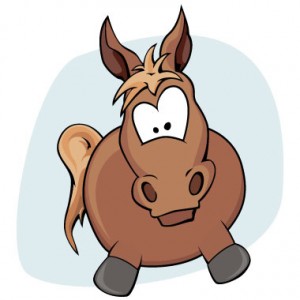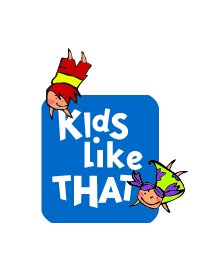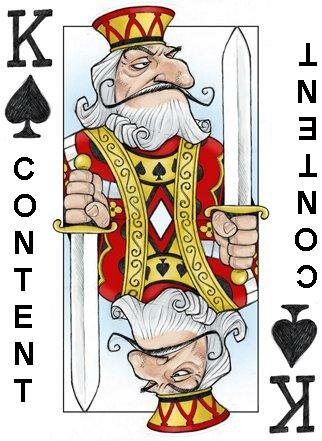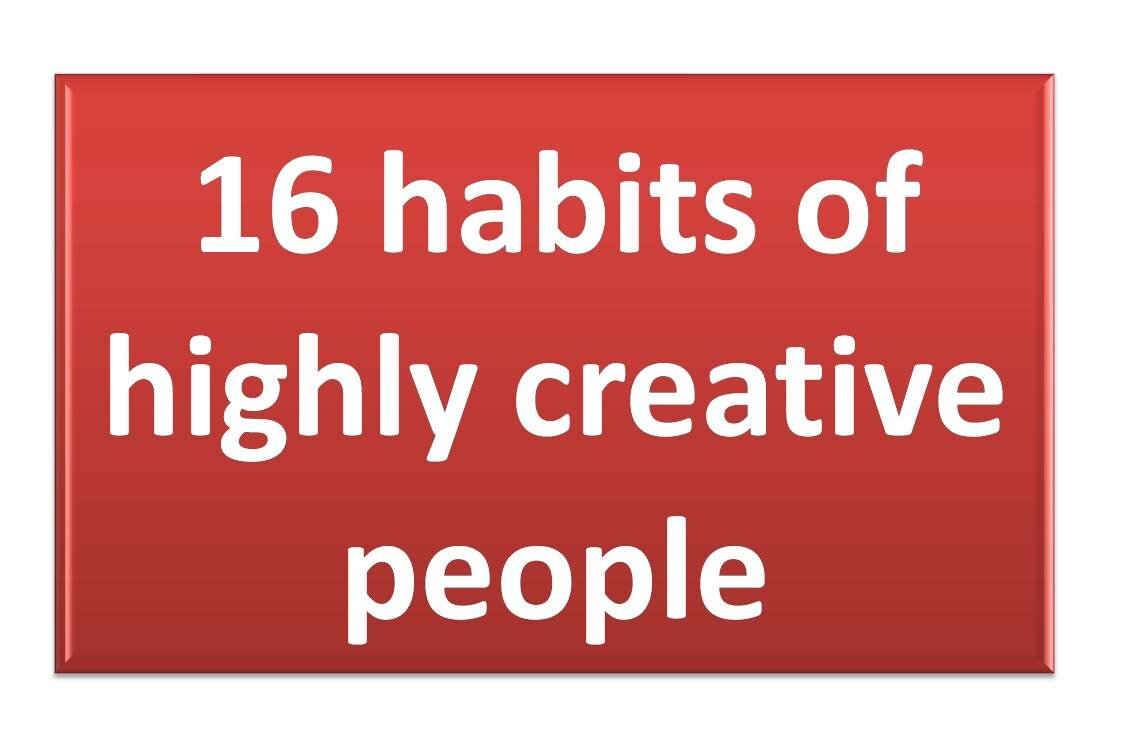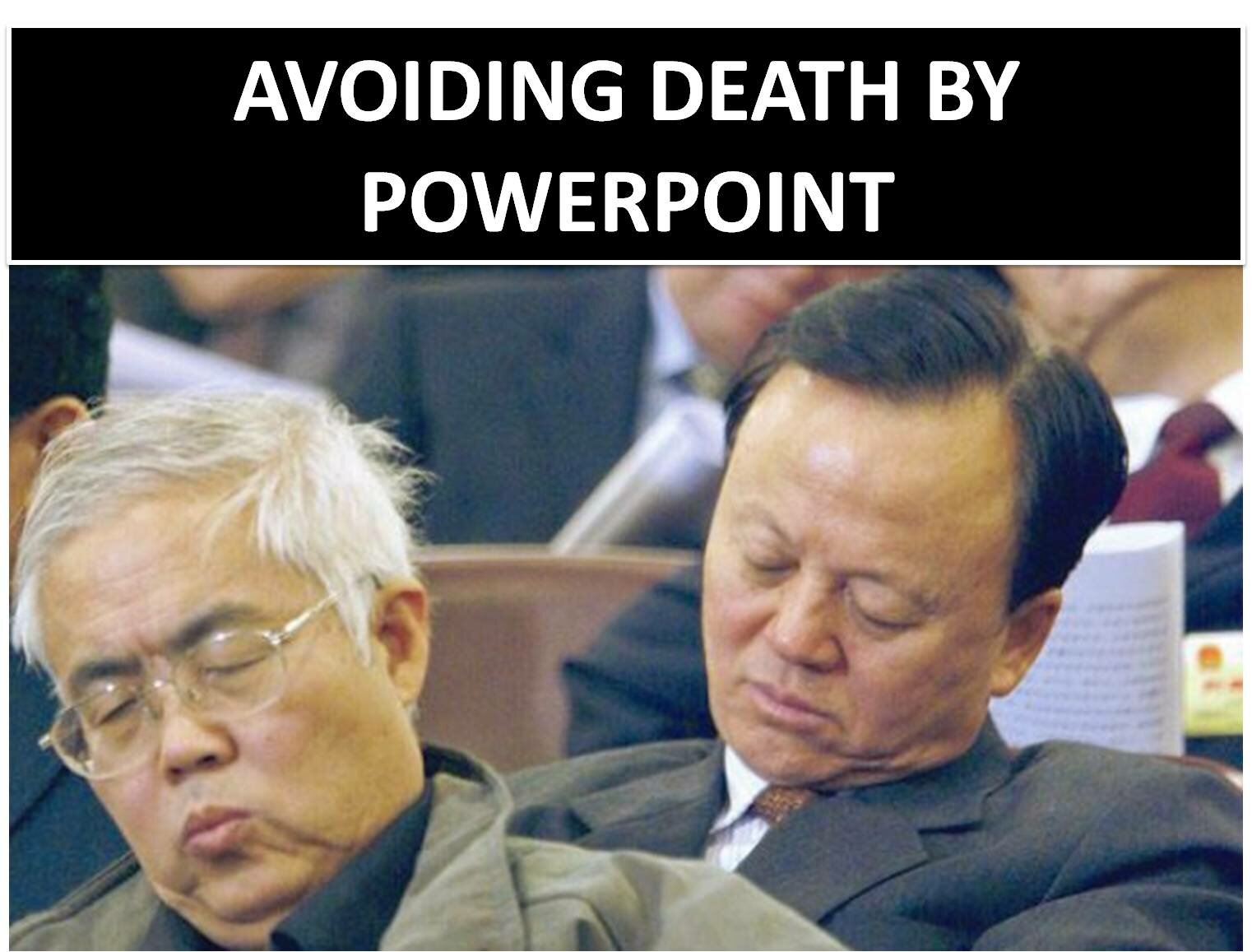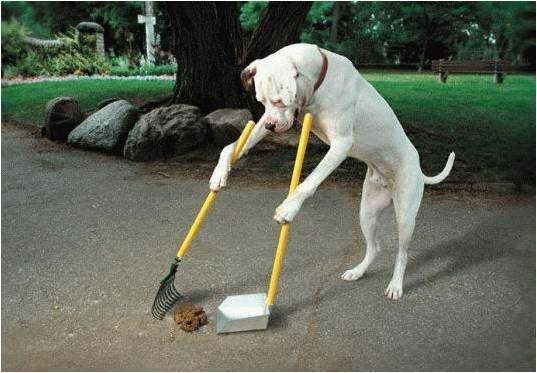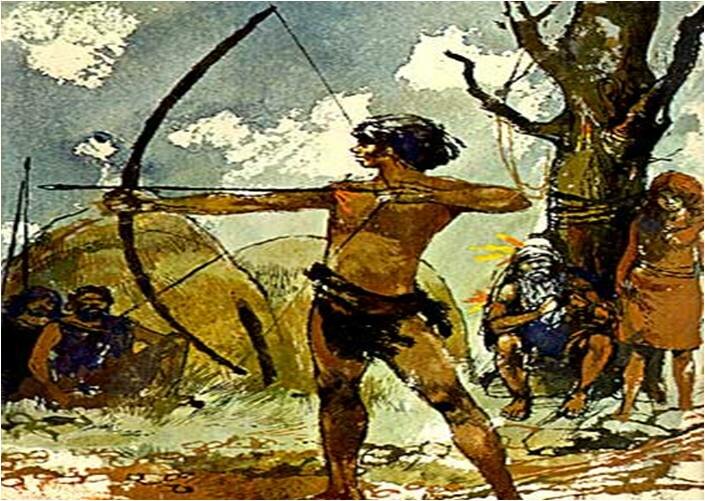Reframing a situation for creative ideas
|
|||||||||
Shalu Wasu | Mar 29, 2010
A very old Chinese Taoist story describes a farmer in a poor country village. He owned a horse which he used for plowing and for transportation.
One day his horse ran away. All his neighbours exclaimed how terrible this was, but the farmer simply said “Maybe.”
A few days later the horse returned and brought two wild horses with it. The neighbors all rejoiced at his good fortune, but the farmer just said “Maybe.”
The next day the farmer’s son tried to ride one of the wild horses. The horse threw him and the son broke his leg. The neighbours all offered their sympathy for his misfortune, but the farmer again said “Maybe.”
The next week conscription officers came to the village to take young men for the army. They rejectedthe farmer’s son because of his broken leg. When the neighbours told him how lucky he was, the farmer replied “Maybe.”
The same incident was being seen in a different light by the same people. The farmer’s friends were reframing the situation.
What seems to be lucky in one context turns out to be unlucky in another context and the other way round.
Here is another example. A college student breaks his leg during summer vacation. He is crestfallen because he can no longer play tennis and football with his family and friends.
A few days later, he realizes that he now has the quiet, alone time to learn how to play the guitar, something he had always wanted to do but had been too busy to attempt.
He discovers he has a great aptitude for music and becomes a decent guitar player by summer’s end. One year later, he changes his major to music. After graduation he embarks on a successful music career.
Years later, his friends recall how unfortunate his leg fracture was that summer, and he says, “Breaking my leg was the best thing that ever happened to me!”
From then on, whenever he is disabled by injury or illness, he recalls the lesson and is far less despondent over his temporary disability than he otherwise would have been, as he takes the opportunity to do something novel.
The same incident was being seen in a different light by the same person. The musician was reframing the situation.
Proactive Reframing as a Creativity Skill
Reframes are a different way of looking at things. Being able to reframe experiences and situations is a very powerful skill which can help to generate ideas from a different perspective.
In the first example given above, the reframe was triggered by an additional bit of information that was introduced in the story.
In the second example, reframing was done without any additional information. It was a case of more or less proactive reframing.
Such proactive reframing can enhance our creativity manifold. Here are some examples of proactive and deliberate reframing.
v During the 1984 campaign, there was considerable concern about Ronald Reagan’s age. Speaking during the
Filed Under: Growth
|
|||||||||

